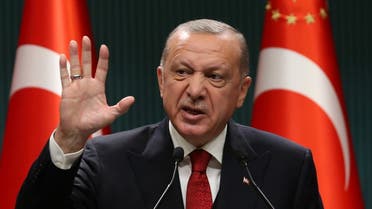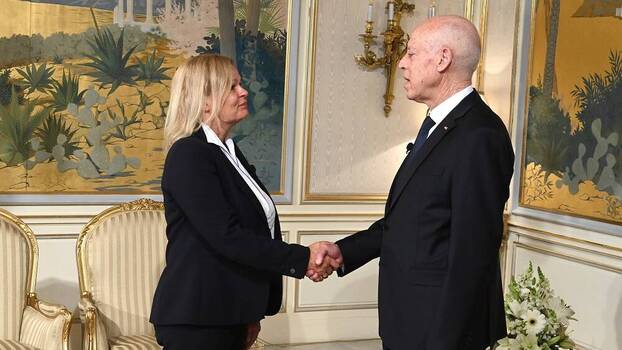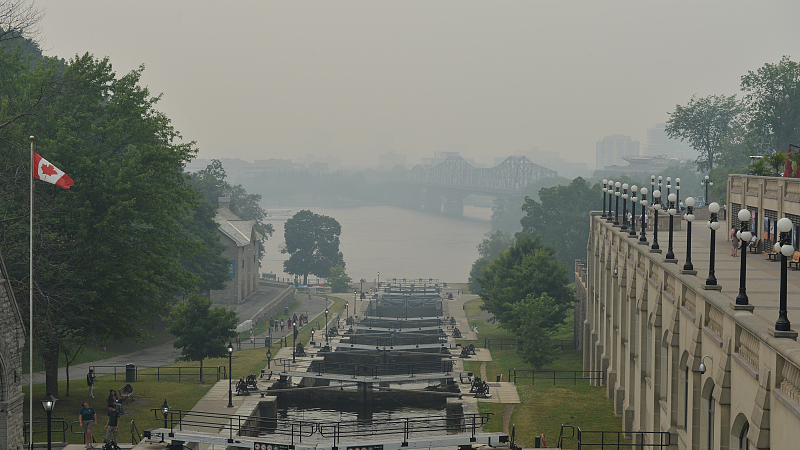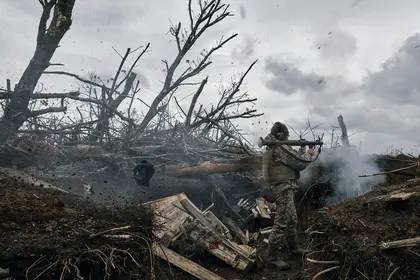KELLY BEATON AND BRITTANY BORER | JUNE 16, 2023

Everyone knows “El Nino” by now – hot weather. Big winds. And once again in 2023, much of the world will gain a better grasp of this unpredictable meteorological phenomenon.
El Nino generally refers to a warming of the ocean surface, or above-average surface sea temperatures, in the central and eastern Pacific Ocean– but the phenomenon could have a widespread impact soon, especially on the food industry.
“The opinion of several experts suggests that this El Nino will be stronger than before due to global warming, resulting in higher temperatures than those previously experienced with this phenomenon,” Sara Galeano, director of sustainability at GoodSAM Foods, told The Food Institute.
“Unfortunately, El Nino is a phenomenon that can last for months.”
The arrival of the first El Nino in almost four years foreshadows new damage to an already fragile global economy. The shift to a warming phase from the cooler La Niña can generate chaos, especially in fast-growing emerging economies, as the world struggles to recover from Covid-19 and Russia’s war in Ukraine grinds on, as Bloomberg recently reported.
“Vulnerable regions heavily reliant on rain-fed agriculture are particularly susceptible to the negative impacts of El Nino,” Alison Friel, director of consulting at NSF, told The Food Institute. “In particular, winter crops in Asia and palm oil and rice in the Far East. American growers are hoping for heavier rainfall to alleviate the effects of the previous drought.”
AT-RISK F&B ITEMS
The heralded El Nino event is cause for concern, especially for some coffee farmers. While it remains unclear exactly how El Nino will unfold, it could bring unusually hot and dry conditions to coffee regions, which threatens coffee bean yields, The Washington Post reported. Arabica coffee beans are hypersensitive to temperature changes.
Meanwhile, the world’s rice glut will be put to the test with El Nino’s return. The world is awash in rice with global stockpiles at close to record levels, but El Nino-related weather usually brings hotter and drier conditions to Asia, which produces and consumes 90% of the global rice supply, Bloomberg noted.
Fisheries are also at risk. El Nino patterns often disrupt marine ecosystems, affecting the migration of fish, which can result in reduced catches that can throw the fishing industry into disarray.
“El Nino disrupts catch volumes,” Galeano noted. “Coastal regions may experience anomalies in sea levels and salinity, impacting aquaculture.”
AN UPTICK IN STORMS?
El Nino weather typically supports the warm, Pacific jet stream dipping further south than normal. This can lead to rounds of storms, flooding in parts of the southern U.S., as well as abnormally warm and dry conditions in the Pacific Northwest.
Weather patterns have been changing rapidly in recent years, which leaves the world navigating new territory when it comes to climate patterns.
These weather extremes are arriving fast and furious and last longer than ever before.
Wildfires, floods, tropical cyclones, and extreme temperature fluctuations will impact the food industry – from farming, to production, to shipping – as El Nino is expected to strengthen into this winter. Colombia’s Institute of Hydrology, Meteorology, and Environmental Studies said its forecasts indicate that the first quarter of 2024 could be the peak period of El Nino’s intensity.
BUSINESSES BRACE FOR IMPACT
Food companies, including manufacturers and grocery chains, can take several steps to protect their businesses from the negative impacts of El Nino.
“Companies should implement water conservation strategies and prioritize the efficient use of this resource,” Galeano said. “This can include recovering water sources, (and) implementing irrigation systems that minimize water waste…”
And, as with any potential disruption to the food supply chain maintaining dialogue with a suppliers is key to adapt to changes in supply.
For example, Friel noted, “if sourcing organic wheat, can you source an alternative that’s also organic? … Ensure business departments such as procurement are looking ahead and planning for the possibility that traditional supply chains could be disrupted. Ensure your development teams look to change their formulations to reduce or remove at-risk ingredients.”
Kelly Beaton serves as The Food Institute’s chief content officer. Brittany Borer is FI’s digital content producer/reporter and has a Bachelor of Science degree in meteorology.
The Food Institute Podcast
Food price inflation has been a constant thorn over the past few years, but are we about to turn the corner toward greener pastures? Wells Fargo Chief Agricultural Economist Dr. Michael Swanson returned to The Food Institute Podcast to discuss emerging trends in food inflation and the changing dynamics between eating at home and eating out. Dr. Swanson also discusses agricultural impacts stemming from both drought and increased rainfall in different parts of the country.








 Tunisian President Kais Saïed shakes hands with visiting German Interior Minister Nancy Faeser at the Carthage Palace in Tunis, Tunisia, 19 June 2023.Photo: IMAGO / Xinhua
Tunisian President Kais Saïed shakes hands with visiting German Interior Minister Nancy Faeser at the Carthage Palace in Tunis, Tunisia, 19 June 2023.Photo: IMAGO / Xinhua








